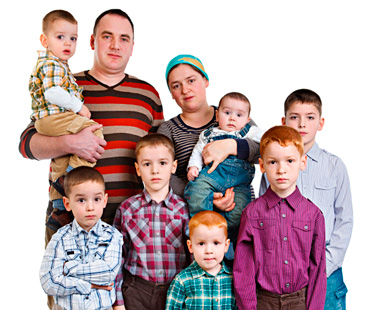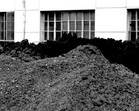It’s not always this obvious how much coal is in your life.Photo: Mark HobbsWhen we talk about the horrible effects coal can have on your life, maybe sometimes we get a little too technical. For the sake of our fast-moving culture today, how about we put your coal risks on a scale of 1 to 10, with 10 being the worst?
Well, the Sierra Club has done just that with our new “Coal In Your Life” quiz. Simply go to CoalInYourLife.org, enter your zip code, and answer the three questions regarding where you live, what you eat, and how you live, and you will learn how you and your family are being affected by coal pollution.
Your answers will come in the form of a number from 1 to 10. The higher your score out of 10, the more your health is threatened by coal pollution. Your score could be even higher if you live near one of the 431 coal ash storage sites, 2,000 coal mines, or other toxic sites in the U.S. (information we were not able to incorporate into the quiz).
My colleague from Baltimore was just rated a 5, for a “looming” presence in her life, because she’s active outdoors in a city where approximately 754 asthma attacks and 58 deaths in 2010 were tied to pollution from coal-fired power plants.
Another friend from Mingo, W.Va. scored an 8, for a “threatening” presence of coal in his life due to his location, age, fish intake, and outdoor activity.
If you score an 8 or higher, you rate as “in the hazard zone” for presence of coal in your life.
My score? I took the quiz and got a 6 (looming) — I live in West Virginia near coal-fired power plants, I love spending time outdoors, and I eat fish on occasion. I was surprised to get such a high score, especially since I have been trying to limit my exposure to coal pollution since I learned I was expecting a baby back in 2009.
I also hate thinking that my 1-year-old daughter is being exposed to those levels of coal pollution! But since coal pollution does not respect state or county boundaries, there is only so much I can do to reduce our family’s risk, even if I try to avoid eating fish high in mercury, or if I restrict our outdoor activity on days when air pollution levels are high.
As the quiz says, with over 500 dirty coal-fired power plants in the U.S., coal is in our air, water, and our lives. If you’re tired of having so much coal pollution in your life — and in the lives of your family, neighbors, and fellow Americans — then join others around the country who are doing something to protect the health of their communities.



